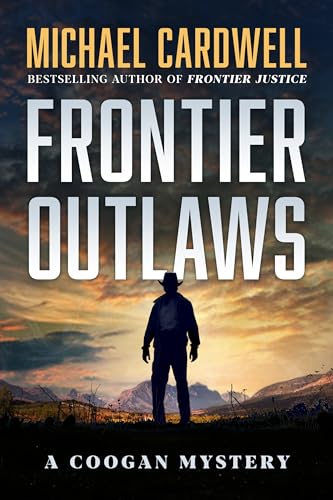According to M. Lynx Qualey from Words Without Borders, Mark Twain read Arabic literature. Not widely; there were no English translations of Twain’s Arab contemporaries circulating in the mid-1800s… Support our news coverage by subscribing to our Kindle Nation Daily Digest. Joining is free right now!

Twain was unquestionably influenced by the 1001 Nights, which he probably read via Edward William Lane. Twain put it on a list of favorite books, right between “Crusoe” and “Gulliver.” He probably didn’t know the 1001 Nights was one of a number of popular fourteenth- and fifteenth-century collections, scorned by many Arab literati of its time. He probably did know the collection was a wild hit in Antoine Galland’s French translation before it moved to English.
Twain’s whole generation was marked by reading the Nights. He was one of many nineteenth-century authors to pen his own burlesque 1002nd Night, which he did in 1883. Apparently, it was so unfunny that his publisher cut it down, then shelved it.
Twain was also, famously, a traveler. In the 1860s, he took a long trip that encompassed several Arab-majority countries. Still a young journalist, he talked his newspaper into paying his way on the Quaker City steamboat, promising to send back dispatches, which he later turned into The Innocents Abroad.
You can imagine his hearty portraits of stupid savages, dim-witted travelers, and ugly women. In Jerusalem, he compares the locals to Indians, as if prescient of a settler-colonialism to come: “They sat in silence, and with tireless patience watched our every motion with that vile, uncomplaining impoliteness which is so truly Indian, and which makes a white man so nervous and uncomfortable and savage that he wants to exterminate the whole tribe.”
Clearly, Twain meant to exaggerate and entertain. Perhaps he was a decent enough guest in “real” life: he took off his shoes before entering a home and paid fair wages. But his caricatures had consequences. Popular literature is constantly in motion, being used in ways its authors cannot necessarily foresee. The absurdist way he constructed Palestine is now promoted as proof that there were no nineteenth-century Palestinians.
Read full post on Words Without Borders



























![The Sparks: Book I of the Epic Feud Trilogy (The Feud Trilogy 1) by [Prue, Kyle]](https://images-na.ssl-images-amazon.com/images/I/51tQeMSAT1L._SY346_.jpg)